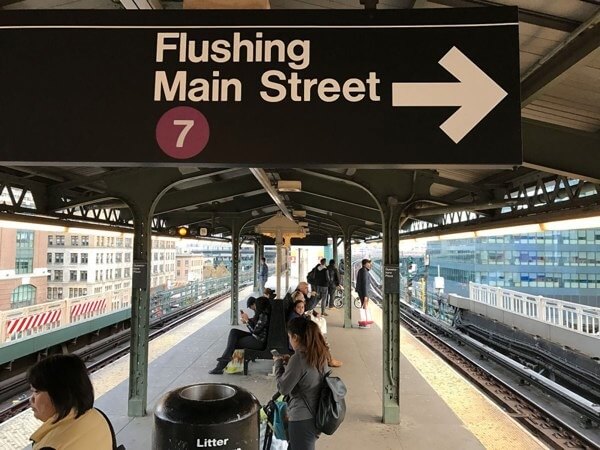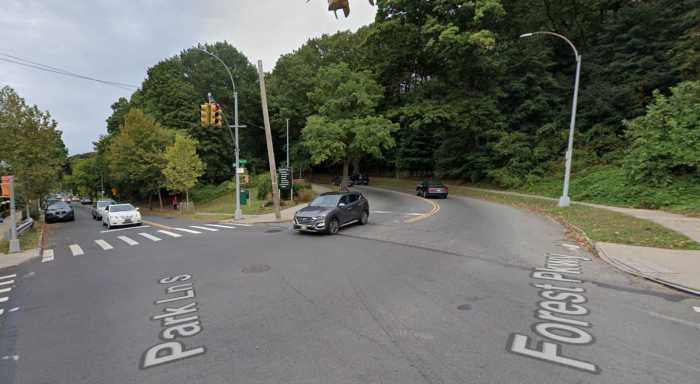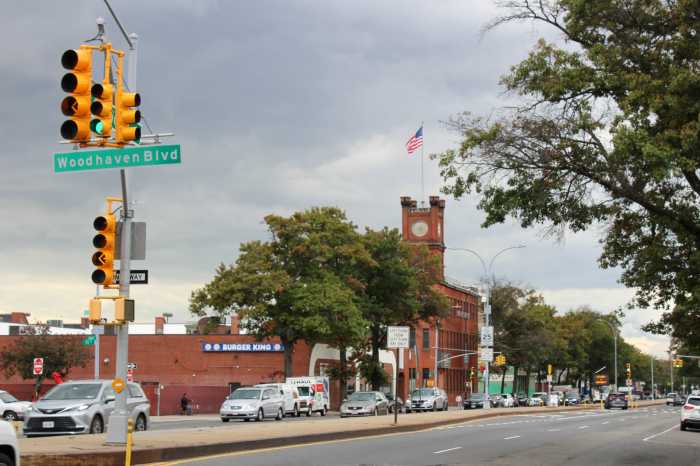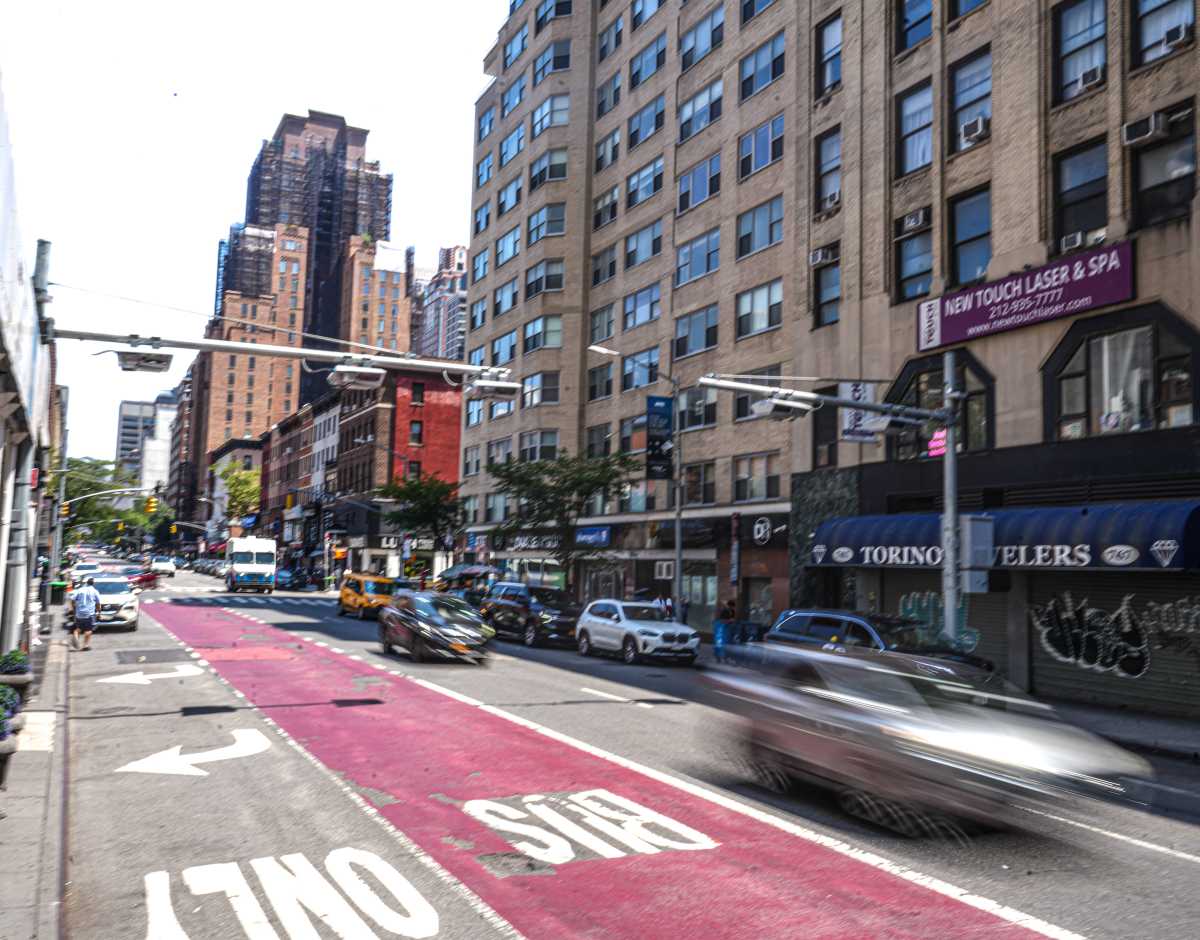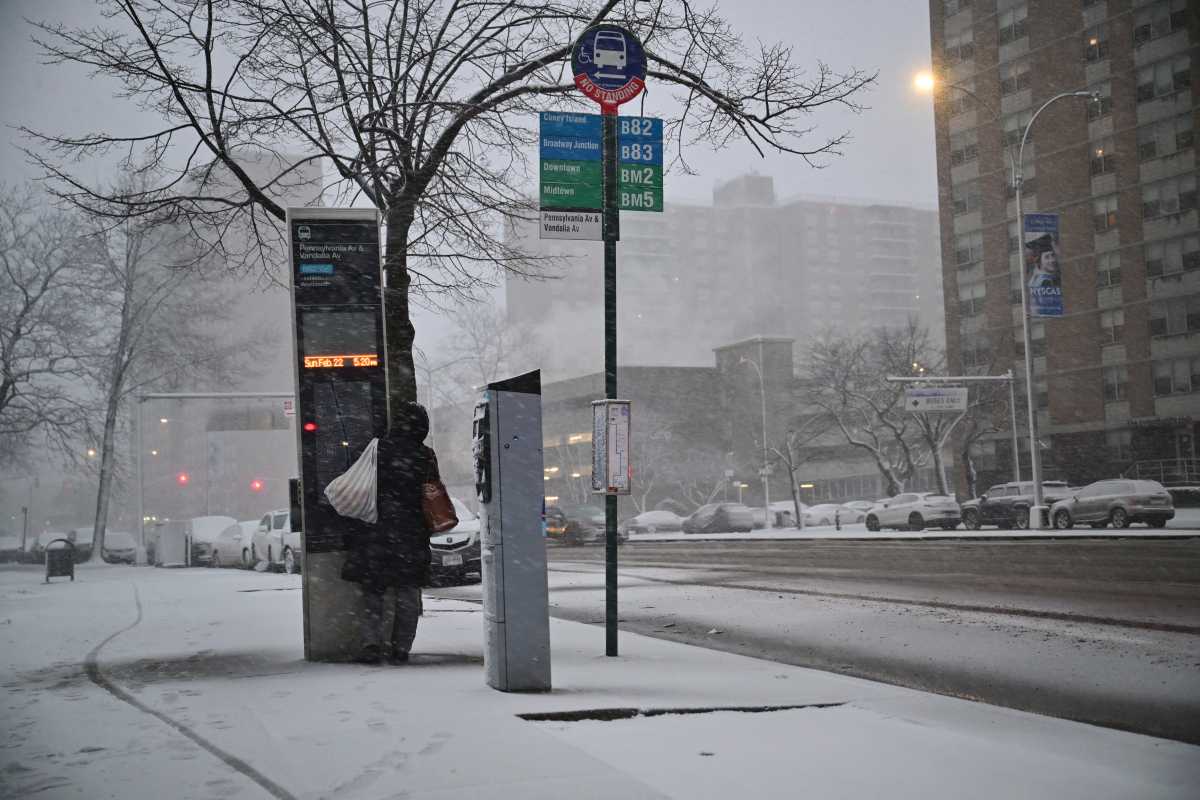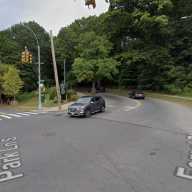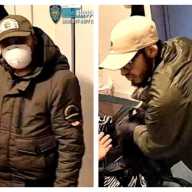By Bill Parry
The MTA announced Tuesday it would begin painting and conducting important structural steel repair work along the elevated 7 train line from 72nd Street in Jackson Heights to 104th Street in Corona beginning next month.
The work will ensure the removal of paint, dirt, grease and grime from the elevated structure, followed by the painting of all structural steel surfaces. The $45 million project is expected to take two years to complete.
“This critical painting and structural work will improve the commuting experience for our riders in the near term, as well as help ensure the long-term safety and reliability of our system,” NYC Transit President Andy Byford said.
U.S. Rep. Joseph Crowley (D-Jackson Heights) and elected officials in western Queens have demanded much-needed repairs on the 101-year-old 7 line for years, particularly to remediate lead paint peeling from the track and falling onto Roosevelt Avenue, creating a health hazard.
“The 7 line is a lifeline for commuters in Queens, but its underlying infrastructure is in need of long overdue repairs and lead paint peeling from the elevated tracks has threatened the health of Queens families for far too long,” Crowley said.
City Councilman Daniel Dromm (D-Jackson Heights) thanked Crowley for making the issue a top priority.
“Working together we will monitor the progress of the painting schedule and continue to hold the MTA accountable,” he said. “It’s been decades since this trestle was last painted — creating a blight in our community.”
In December, Gov. Andrew Cuomo signed legislation authored by state Sen. Jose Peralta (D-East Elmhurst) that required the MTA to study lead levels on above-ground subway stations after the District 9 International Union of Painters and Allied Trades tested the paint chips that fall on to Roosevelt Avenue below from the elevated structure and found that they were 48-times more toxic than the federal Environmental Protection Agency’s standard.
“I have been pushing the MTA for many years to paint and repair the elevated structure of the century-old 7 train line as it cuts through our immigrant and hard-working class neighborhoods in the district,” Peralta said. “I worked tirelessly to ensure that the MTA 2015-2019 Capital Program included the project to repaint and repair the elevated 7 train structures. I am glad this is finally coming to a reality since the conditions of the elevated tracks, stations and trestles are dangerously deteriorating. With the contract awarded and my bill requiting the MTA to tackle lead paint from above ground structures signed into law, this project will be vital to start eliminating the hazardous conditions people are exposed to when walking under the 7 train line. Repainting and repairing the elevated structures is a good first step to protecting New Yorkers and improving the subway system for commuters.”
The $45 million dollar contract was awarded to Woodside-based Ahern Painting Contractors, Inc., the company that repainted the crown of the New York State Pavilion its original “American Cheese” yellow in 2015 at no cost to the city. The contract was funded by the Federal Transit Administration and it will be followed by another contract advertisement for similar work along the 7 line in Long Island City, Sunnyside and Woodside by the end of 2018.
“The line is desperately in need of maintenance and repairs that will allow riders to travel safely and quickly across Queens,” City Councilman Jimmy Van Bramer (D-Sunnyside) said. “I have long been advocating for painting and repair work in my district and I look forward to the MTA announcing contracts for work along this stretch of the line late this year. However, we demand that as the MTA completes this work, they do so without harming the community or local businesses.”
Reach reporter Bill Parry by e-mail at bparr

